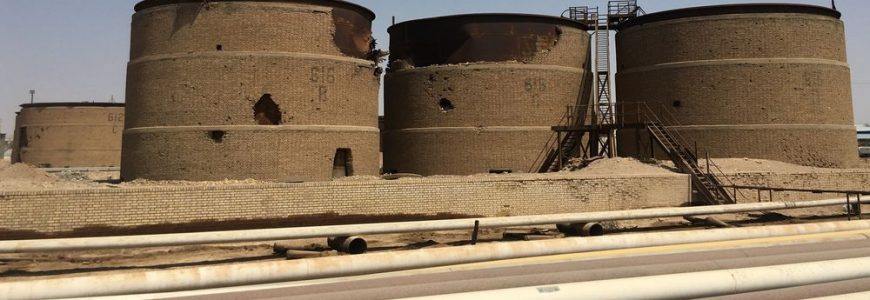
- The aim is to turn the war-scarred plant into a producer of quality fuel so Iran doesn’t have to rely on imports
At the Middle East’s oldest oil refinery, giant, yellow-brick silos that stored Iranian crude and fuel products are mottled by bullet marks from the war with Iraq in the 1980s. One has a large puncture from a tank shell
he conflict is now economic, but this area of southwest Iran near the Persian Gulf is strategically important again. U.S. President Donald Trump’s talk of jettisoning the nuclear deal that was supposed to plug the Islamic Republic back into the global marketplace has given fresh urgency to plans to transform a region as rich in petroleum reserves as it is in battle scars.With the help of China, the aim is turn the century-old Abadan refinery from a millstone costing the government up to $700 million a year into a cash cow that can meet Iran’s domestic demand for better quality fuel rather than relying on imports.“With Trump’s stance, the Iranian government has to put together its resources and define a national, macro-energy policy and this is being felt now more than ever,” said Mahmoud Khaghani, former head of Caspian oil and gas affairs at Iran’s Oil Ministry. “The investment is very crucial for Abadan and more generally it’s very important for Iran’s economy.”

